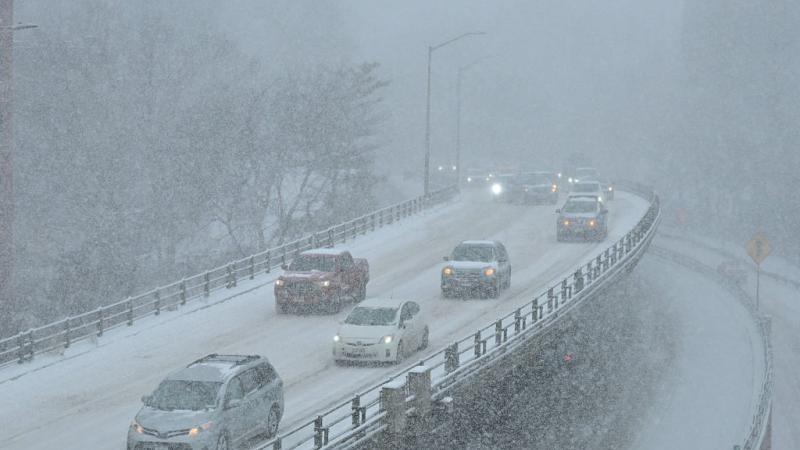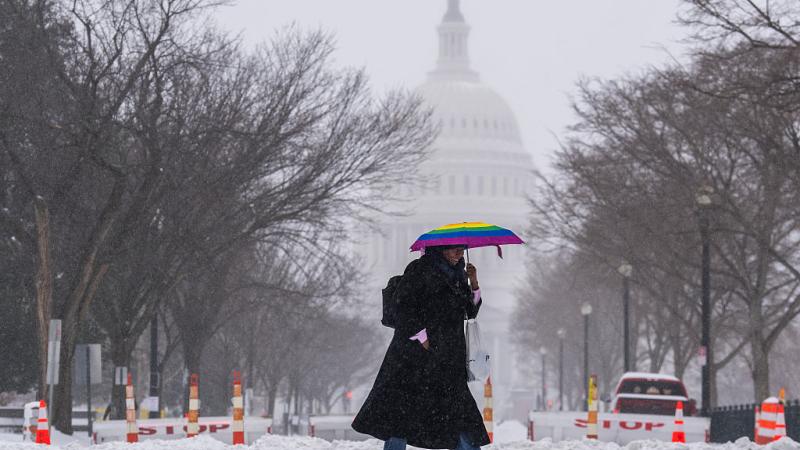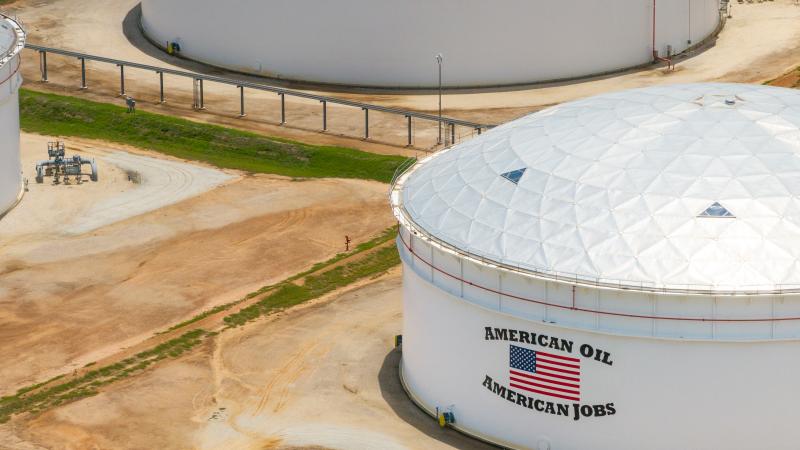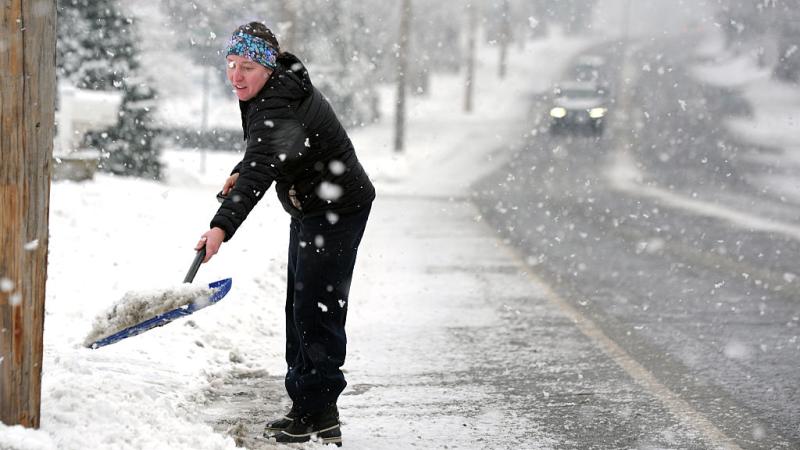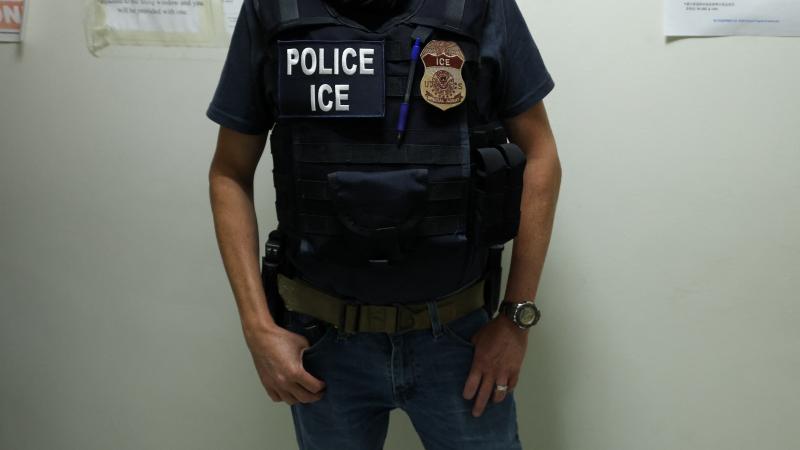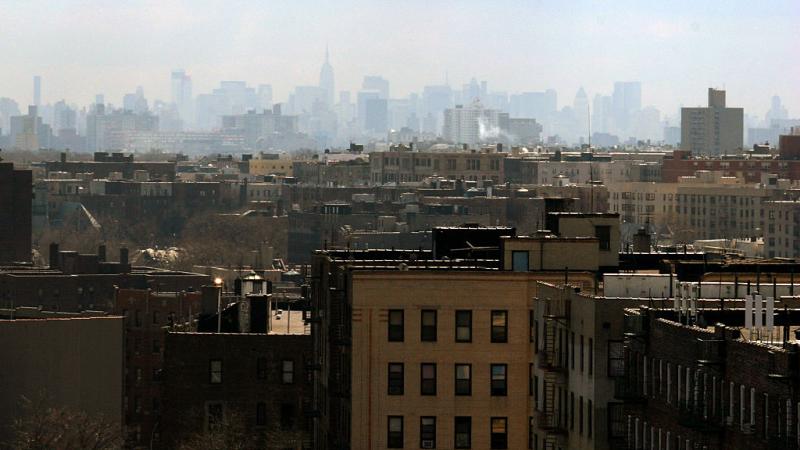Washington warns residents, tourists of killer whales this summer season
Wells considered vulnerable, one of them possibly pregnant.
The Washington Department of Fish and Wildlife issued a warning for whale watchers to steer clear of three different pods of killer whales in the Puget Sound region this summer.
Using measurements gathered by Sealife Response, Rehabilitation, and Research, or SR3, between September 2022 and June 2023, the department's emergency rule designates ten whales in poor body condition as vulnerable.
One whale, likely to still be in the latter stages of pregnancy, was also included in that designation.
“We are pleased to be able to use our data from fall, winter and spring to provide the most current information on the body condition and health of the whales, including data collected just this past week,” said Dr. John Durban, a Senior Scientist with SR3 in a statement accompanying the announcement.
This vulnerable designation and the corresponding emergency rule follow new legislation passed just this year. That legislation, while not effective until 2025, would create a mandatory 1,000-yard, or roughly one-half nautical mile, marine vessel buffer around any orca pod with a vulnerable designation.
Currently, Washington law only requires vessels to stay at least 300 yards from whale pods and at least 400 yards out of the path in front of and behind the whales. Vessels must also reduce their speed to seven knots or less within 1000 yards of any pod.
The vulnerable designation and corresponding expanded protection measures are meant to “[improve] the entire Southern Resident killer whale population’s ability to successfully forage and recover in terms of health and population numbers,” according to the Department of Fish and Wildlife.
“This vulnerable orca designation is an interim measure to bolster protection for the most vulnerable of this already vulnerable population,” said Julie Watson, Ph.D., WDFW killer whale policy lead. “We’re looking forward to having the new vessel regulations in place in 2025 when the whole population will be granted greater protection. In the meantime, we encourage all boaters to start now and give this endangered population ample space.”
The corresponding regulations and the designation have only been in place since the WDFW’s Commercial Whale Watching Licensing Program launched in 2021.
The emergency rule cites that “imminent risk to an endangered species requires additional protection immediately” to “protect the public’s interest in the preservation of a vulnerable, endangered animal" and goes into effect immediately

